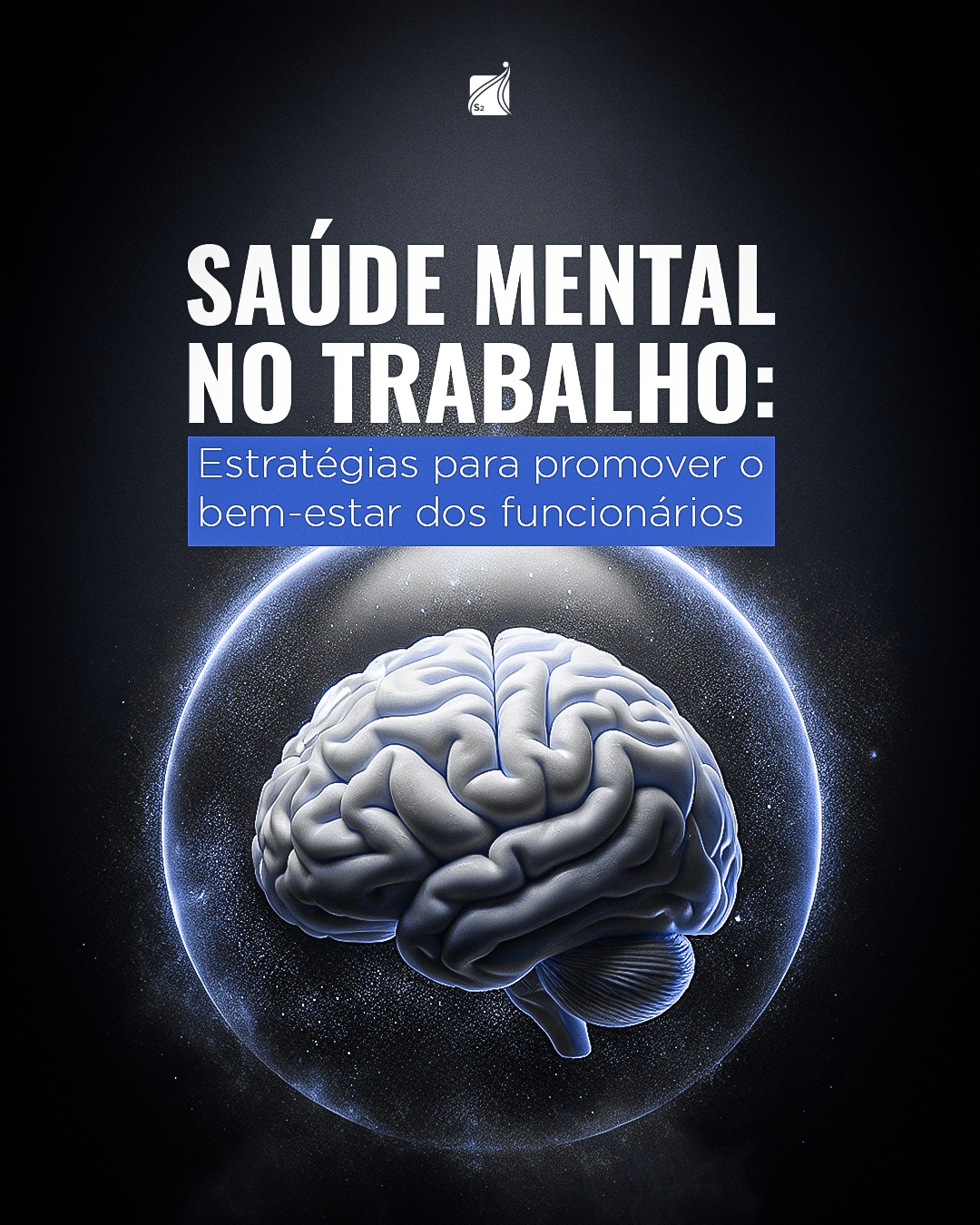
Browse topics
There are a number of ethical dilemmas that can have a decisive impact on organizational climate of your company.
In addition to creating stressful situations for your team members. Such as cases that can even affect the company's image in the eyes of the market, its consumers and partners.
That's why it's worth understanding the best ways to deal with business ethical dilemmas efficiently, fairly and in accordance with the law.
We've prepared a complete post on this subject. If you want to know more about it, read on and check out our content!
First of all, understand the concept of ethics
Ethics is a branch of philosophy dedicated to the study of morality and the principles of appropriate behavior for life in society. It refers to questions related to what is right or wrong, good or evil, and includes themes linked to responsibility, justice, and truth.
This area of human knowledge invites self-reflection in order to help people determine what is morally right and how to behave in relation to other individuals.
What are ethical dilemmas?
Ethical dilemmas in organizations can be considered problems that involve making a decision between two moral options of equal value. There is a difference between ethical issues and ethical dilemmas.
The ethical dilemma usually occurs when there is no obvious answer that determines the best course of action.
This means that it is up to individuals to carefully assess the potential consequences of the decisions they make.
A simple example of this type of situation is when a person has to decide whether to use company funds to buy gifts for their employees or to use the money to increase the business's financial reserve.
Learn about the main business ethical dilemmas
To be clearer about how to deal with ethical dilemmas, it's worth identifying the most common cases in the workplace. That way, you can think about it and make a decision based on a more complete set of information.
Let's take a look at the ethical dilemmas below!
Bullying
In the case of bullyingThe ethical dilemma involved usually occurs for those who witness a situation involving abusive behavior. The doubt involves intervening or ignoring what is happening.
On the one hand, it is possible to want to protect the victim from this situation, while on the other, intervention can create an even more difficult situation.
Sexual harassment
Ethical situations can also arise in cases of accusations regarding the sexual harassment.
While the HR department must protect the victim and ensure that this type of situation is not ignored, it must also evaluate the evidence so as not to harm someone who is innocent.
Fraud
There are also moral dilemmas linked to any kind of fraud in the company, in which the individuals observing this situation can decide whether or not to get involved.
In the first case, the person can be punished under civil and criminal law. On the other hand, non-participation can lead to problems with those involved in such activities.
Corruption and embezzlement
Corruption and embezzlement, although illegal, can also create major ethical dilemmas.
Through them, someone can increase their profits by exploiting a vulnerability in the system. But they can also harm people close to them by breaking the law and risking punishment.
Bribery and improper payments
Bribery and improper payments are well-known dilemmas in the world. business environment. While offering these values can bring advantages to the company - such as licenses, authorizations and exclusive resources - it can also lead to criminal practices and punishments under the law.
Discrimination
If you see any attitude that indicates discrimination in the companyThe individual faces the dilemma of denouncing discrimination and putting another member of staff at risk.
You can also choose not to take any action and allow this crime to continue.
Gifts and presents
Another ethical dilemma concerns the giving of gifts or presents within the company. Normally, each company has a code of conduct that determines whether or not employees can receive gifts from suppliers.
If the company determines that this practice is unfeasible, and the employee breaks the rule, they are committing an unethical action.
Manipulation of expenses
In large corporations, it is possible that the account manager is instructed to report higher expenses on a trip, even if they don't actually happen.
This means that the person must decide whether to obtain the financial advantage or to present a truthful report.
Confidential Information
Another common dilemma concerns confidential information. Working from home and sharing company information with residents or even neighbors can be an ethical dilemma that needs to be developed.
Conflict of interest
This dilemma occurs when a person takes on responsibilities that contradict each other and can adopt actions that incorporate self-interest into the decision-making process.
This can lead to losses for the company and put it in situations that generate serious consequences.
What are the consequences of ethical dilemmas for organizations?
The adoption of bad conduct in the company leads to various losses for the organization. It is therefore important to establish strategies to deal with these problems and maintain a good reputation in the market. The main consequences include:
- the likelihood of losing the trust of business partners, consumers, suppliers and even employees;
- difficulties when negotiating and selecting new employees for the business;
- difficult situations related to the company's image, which tends to be scratched in the market;
- loss of revenue caused by the difficulty in attracting customers;
- possibility of incurring fines and sanctions due to the paths chosen by the company.
These are some of the possible losses that a company can incur as a result of ethical dilemmas. Therefore, it is worth learning the main examples of how they happen in the day-to-day running of the company.
Examples of ethical dilemmas
There are several situations that occur in companies that constitute ethical dilemmas that generate losses and reduce the chances of obtaining good results. These include
- Tax evasion;
- Not following labor rights;
- Engaging in corrupt acts in order to benefit themselves;
- Accepting bribes from suppliers or customers;
- Offering bribes to achieve a goal;
- Using confidential information for their own benefit;
- Being biased in an important company decision.
These are just some of the most common examples seen in companies. It is worth adopting measures to avoid all ethical dilemmas in the day-to-day running of the company.
5 tips on how to deal with ethical dilemmas
Understanding how to deal with ethical dilemmas in the company is an important step towards not bearing the consequences. To this end, here are several tips you can use in your organization:
- Investigate potential problemsTo prevent ethical dilemmas from occurring, it is important to carry out a diagnosis of the company in order to find potential sources of ethical dilemmas;
- Have a clear policyThe following: defining a conduct policy and taking firm action in the event of violations can reduce the incidence of this type of event;
- Adopt supervision mechanismsThe most important thing is to be aware of potential cases of infringement: this is also necessary to keep your company safe;
- Make your employees awareAdopting actions and lectures to raise the awareness of the people involved in the day-to-day running of the business is also a step that will bear good fruit;
- Invest in training, courses and lecturesFollowing on from the previous tip, investing in courses, lectures and training is an important part of dealing with ethical dilemmas. In this sense, those who are offered by IPCR Brazil are excellent alternatives.
Have you understood how you can tackle ethical dilemmas in your company?
In addition to adopting the tips above, it is worth relying on our Integrity Test to identify and prevent ethical dilemmas.



